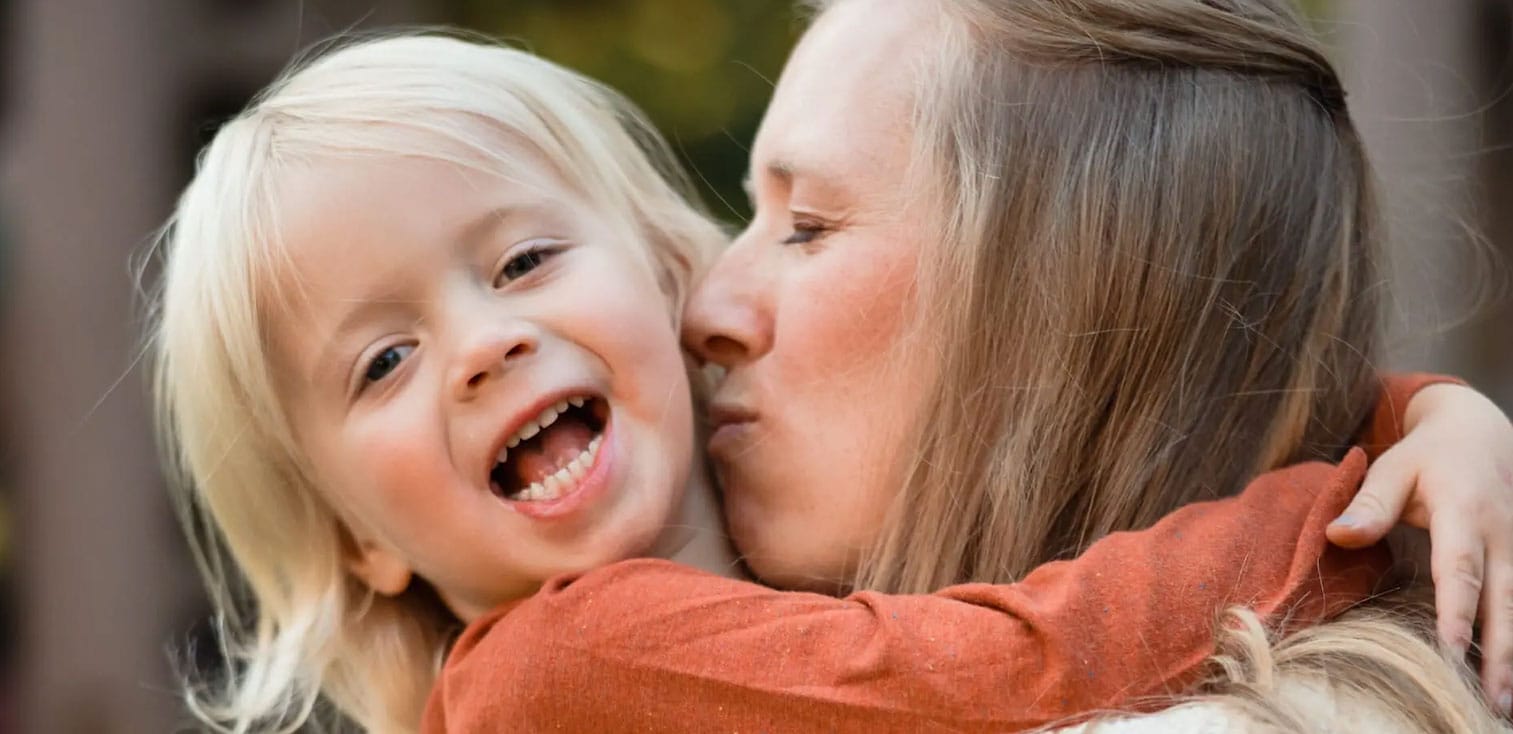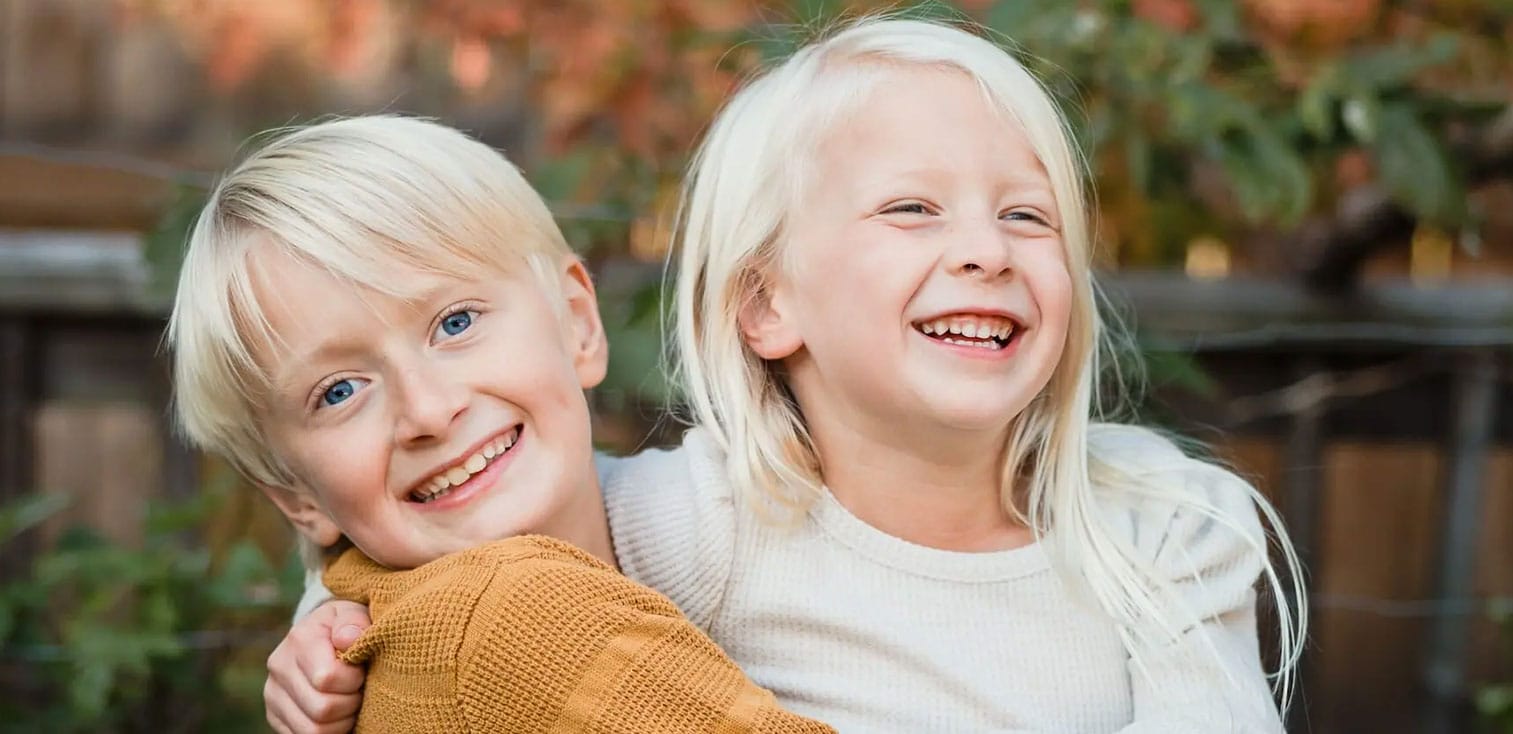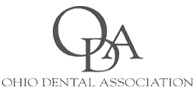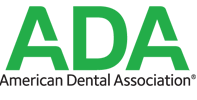Frequently Asked Questions
Schedule Now
What is the difference between a pediatric dentist and a general dentist?
While both a pediatric dentist and a general dentist are required to attend dental school, a pediatric dentist will acquire an additional two to three years of training after dental school that is specific to treating children. Pediatric dentists specialize in oral care for infants through adolescents. Similar to how you should take your child to a pediatrician to monitor their body’s development, you should take your child to a pediatric dentist to monitor their mouth’s development.
When should my child have his or her first dental visit?
According to the American Academy of Pediatric Dentistry, your child’s first visit to the dentist should occur around the time of first tooth eruption or his or her first birthday, whichever is sooner. This may seem early, but your child’s teeth are susceptible to cavities as soon as their teeth appear. If you have questions or concerns about your child’s first dental visit, please call our office!
When should my child start brushing his or her teeth?
You should begin brushing your child’s teeth as soon as they appear. Even baby teeth are susceptible to cavities and tooth decay. For children under three years of age, the American Dental Association recommends using an amount of fluoride toothpaste equivalent to the size of a grain of rice to brush your child’s teeth. For children ages three to six, use a pea-sized amount of fluoride toothpaste.
How important are baby teeth to my child’s dental health?
Baby teeth are very important to your child’s smile, even though they will not be a part of their smile indefinitely. Baby teeth aid in creating space in your child’s gums for his or her permanent, adult teeth to grow in. This helps the alignment of the permanent teeth and prevents them from drifting. Baby teeth also help your child smile, chew and speak.
How will thumb-sucking affect my child’s teeth?
Thumb-sucking is a natural habit some children may develop shortly after birth. While this habit may seem harmless at first, it should be stopped once a child’s teeth begin to develop. According to the American Dental Association, once permanent teeth begin to come in, thumb-sucking may hinder the proper growth of the mouth and alignment of the teeth. Even though baby teeth will fall out, we recommend breaking your child’s thumb-sucking habit while they still have baby teeth to ensure they will not do it when their permanent teeth come in.
Are x-rays safe for my child?
X-rays provide us with a more in-depth look into your child’s mouth and the development of their teeth. These x-rays give off a very low level of radiation, ensuring they are safe for your child. We will use tools such as high-speed film and lead aprons to provide additional protection when taking x-rays of your child’s mouth.

 MEET DR. JILLIAN
MEET DR. JILLIAN  WHAT TO EXPECT
WHAT TO EXPECT  WHY A PEDIATRIC DENTIST
WHY A PEDIATRIC DENTIST 





